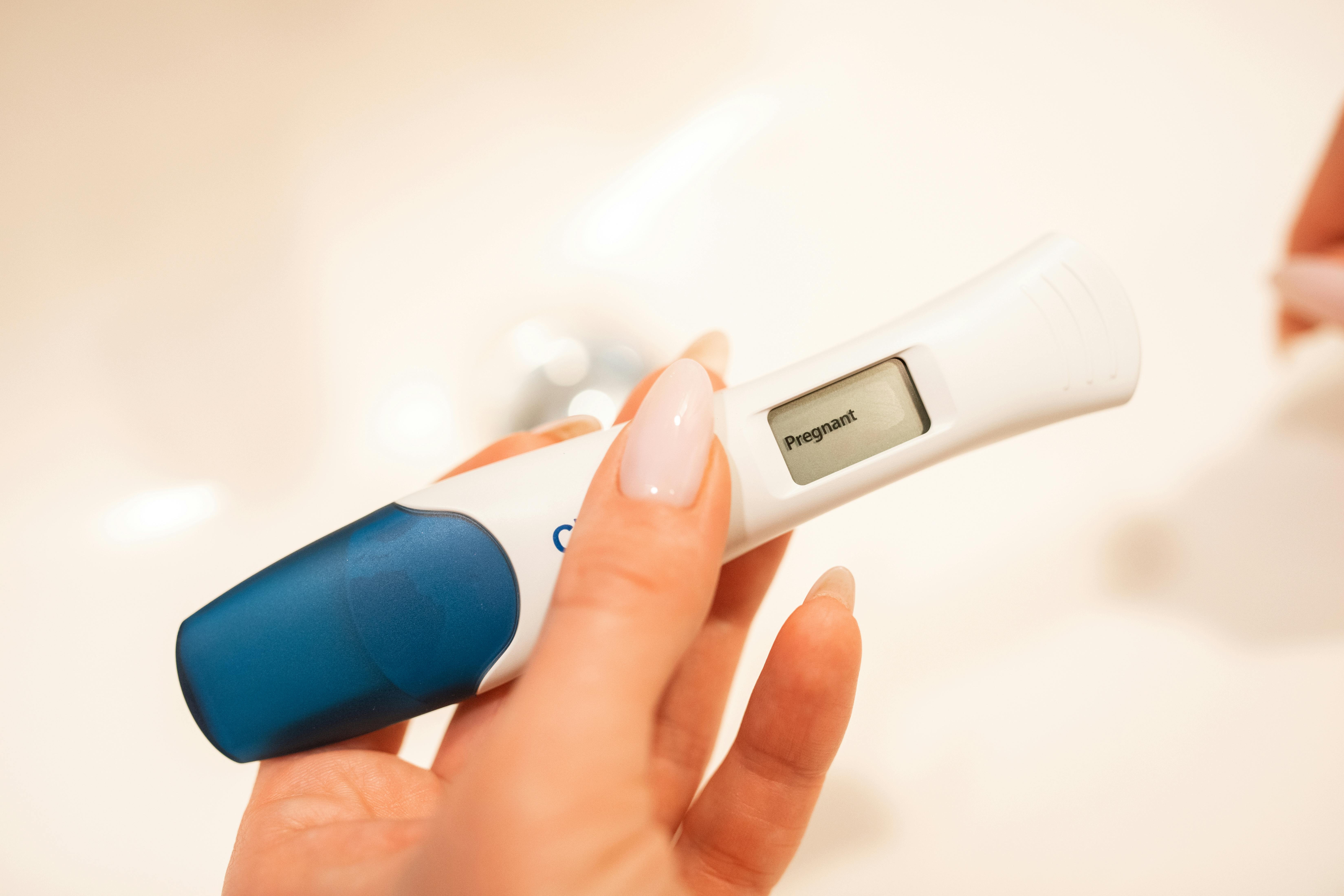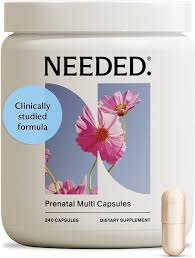For parents navigating the challenges of ADHD in their child, finding safe and effective options for focus, behavior, and emotional regulation can feel overwhelming. Many families come to Pinnacle Chiropractic looking for a natural solution that supports the nervous system—without harsh side effects or medications that change their child’s personality.
One option that’s gaining attention is ashwagandha, a plant-based adaptogen with a growing body of research behind its calming and cognitive support benefits.
But does it really help children with ADHD? And is it safe?
Here’s what you need to know.
What Is ADHD, Really?
ADHD (Attention-Deficit/Hyperactivity Disorder) is one of the most common neurodevelopmental disorders in children. It often presents as:
- Inattention and distractibility
- Impulsivity and difficulty regulating emotions
- Hyperactivity and restlessness
- Challenges with transitions or completing tasks
From a nervous system perspective, ADHD is not just a behavioral issue—it’s a regulation issue. The brain is moving too fast, unable to filter and organize information efficiently. These children are often stuck in a high-alert, overstimulated state that makes it hard to stay calm, focused, or still.
At Pinnacle Chiropractic, we specialize in helping children with nervous system-based challenges like ADHD by working with the root cause—neurological stress and dysregulation.
Where Does Ashwagandha Fit In?
Ashwagandha (Withania somnifera) is an ancient herb that functions as an adaptogen, meaning it helps the body adapt to stress, regulate hormones like cortisol, and restore internal balance.
In children with ADHD, chronic stress and dysregulated nervous systems often amplify the core symptoms. Ashwagandha may offer gentle, targeted support by:
- Lowering cortisol levels, which can help reduce irritability and impulsivity
- Increasing GABA activity, a calming neurotransmitter linked to emotional regulation
- Improving cognitive performance, including focus, memory, and executive function
- Promoting better sleep, which is critical for brain health and regulation
What the Research Says
While most of the studies on ashwagandha focus on adults, some promising research and clinical observations suggest benefits in the pediatric population, particularly in children who:
- Are frequently overwhelmed or overstimulated
- Have difficulty calming down or transitioning
- Struggle with focus and impulse control
- Show signs of nervous system dysregulation
One study published in Cureus (2021) suggested ashwagandha may improve memory, attention span, and executive function. Another study in Phytomedicine found it significantly reduced cortisol levels and anxiety in stressed individuals.
Though more pediatric-specific research is needed, the mechanisms of action—cortisol reduction, GABA modulation, and nervous system balance—make ashwagandha a strong candidate for natural ADHD support when used correctly.
Is Ashwagandha Safe for Kids with ADHD?
When used in age-appropriate doses and high-quality forms, ashwagandha is generally considered safe. However, parents should always consult with a qualified provider before starting any supplement.
Here are a few key safety points:
- Start with a low dose: 100–250 mg/day is a typical starting point for children
- Monitor for changes: Track sleep, mood, and attention over time
- Avoid with thyroid disorders or autoimmune conditions unless cleared by a provider
- Use clinical-grade formulations that are free from fillers, dyes, and artificial ingredients
Our Recommended Option: TriGandha™ by Designs for Health
At Pinnacle Chiropractic, we trust TriGandha™ as a safe and effective ashwagandha product for families exploring natural support options.
What makes TriGandha™ different:
- Triple extract formulation: Includes Shoden®, Sensoril®, and NooGandha®—each clinically studied for their effects on stress, cognition, and emotional balance
- High bioavailability: Designed for optimal absorption and fast-acting support
- Clean and professional-grade: No added sugar, dyes, gluten, or artificial preservatives
This product is not marketed specifically for pediatric use, which is why we only recommend it under the supervision of a healthcare provider. But when appropriate, TriGandha™ offers a clean and trusted option for children with ADHD-related challenges.
Purchase TriGandha HERE
Why We Address the Nervous System First
While supplements like ashwagandha can be incredibly helpful, the most impactful and lasting results come when we address the nervous system itself.
At Pinnacle Chiropractic, we use INSiGHT scans to identify patterns of stress, overstimulation, and imbalance in the brain and spinal cord. Children with ADHD often show signs of sympathetic overdrive—meaning their nervous system is stuck in “go” mode all the time.
By combining gentle chiropractic care with appropriate lifestyle support and targeted supplementation like ashwagandha, we’ve seen remarkable changes in:
- Focus and classroom performance
- Sleep routines
- Emotional regulation
- Overall calm and confidence
Final Thoughts
Ashwagandha is not a cure for ADHD, nor is it a replacement for individualized care. But for many families, it may be a safe, effective support tool that helps reduce stress on the nervous system and improve outcomes naturally.
If your child is struggling with hyperactivity, focus, sleep, or sensory overwhelm, we’d love to help you explore all the options—including nervous system-based chiropractic care and targeted support like TriGandha™.
Looking for a natural approach to help your child with ADHD?
Contact Pinnacle Chiropractic today to schedule a consultation and learn how we support families like yours with holistic, personalized care.
Looking for a Pediatric or Prenatal Chiropractor near you?
Visit www.pdcnearme.com to find a trusted provider in your area.










